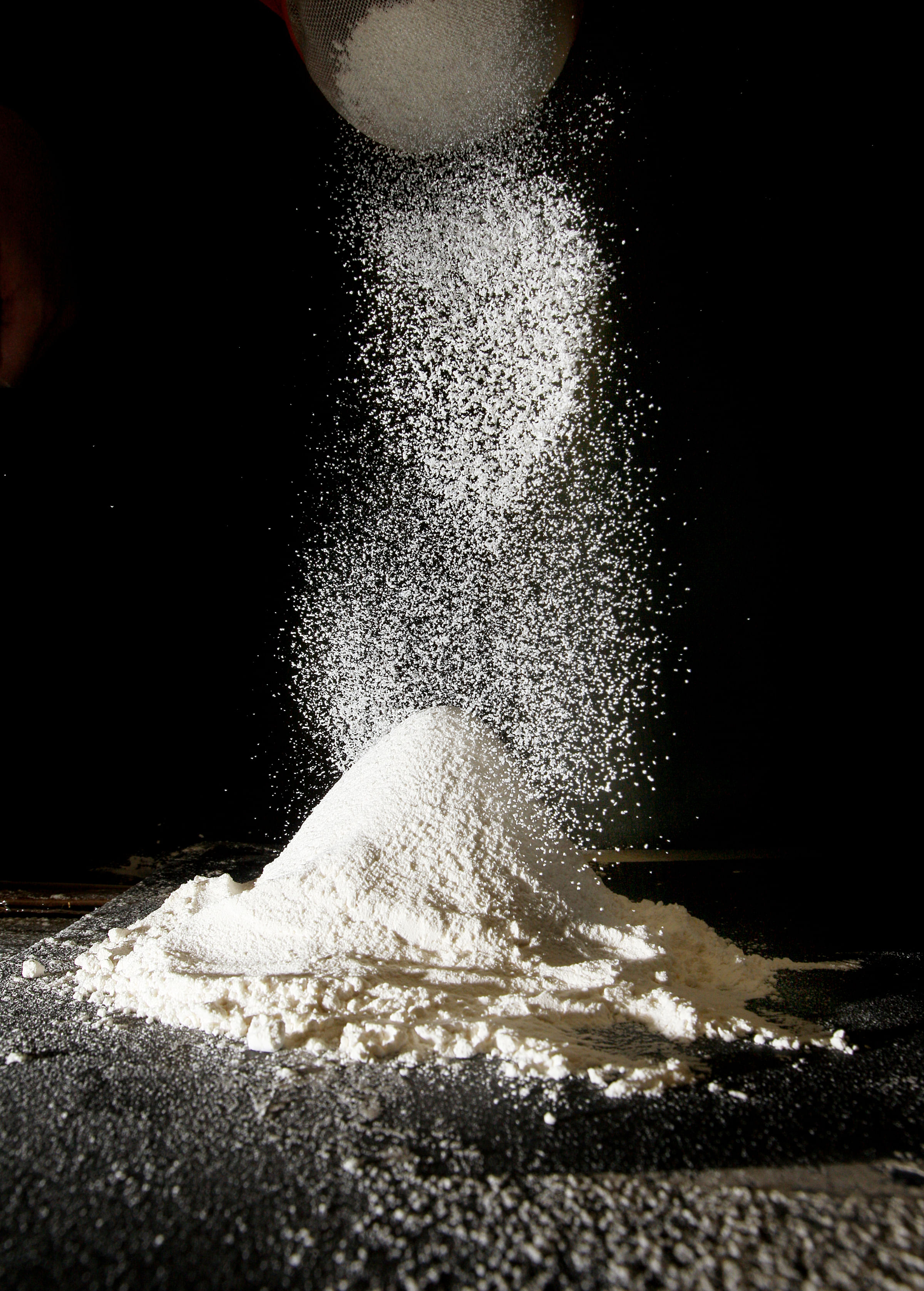Some common household cooking materials such as sugar, flour and cornstarch can explode under the right conditions, but this is unlikely to occur in homes, said experts in the wake of an explosion in Taiwan blamed on cornstarch powder.
The materials are usually kept in bags or jars in homes, which limits their combustibility. When a mass of solid flammable material is heated, it burns slowly due to the limited surface area of the particles exposed to oxygen in the air. But in a fine, concentrated cloud of material, the surface area of the particles exposed to air is great.
"This causes all of the particles to burn at once when there is a spark, which can cause an explosion. Such explosions have happened in flour mills, for example," said Associate Professor Roderick Wayland Bates from Nanyang Technological University's Division of Chemistry and Biological Chemistry.
The Canadian Centre for Occupational Health and Safety said that when the cloud is in a confined area such as a goods container or a room, pressure can build up and increase the risk of an explosion.

Experts said industries that handle such materials are well aware of the danger. In 2008, for instance, a sugar factory in the US exploded when the sugar dust was ignited by sparks from machinery, killing 14 people and injuring 42.
Prof Bates said: "Organisers of public events should be very careful when they assess the properties of the material they use, and should always consult an expert."
Yesterday, the police and Singapore Civil Defence Force said they will assess the safety of using coloured powder before approving applications for the Colour Run, in which runners are doused with coloured powder, and similar events.
